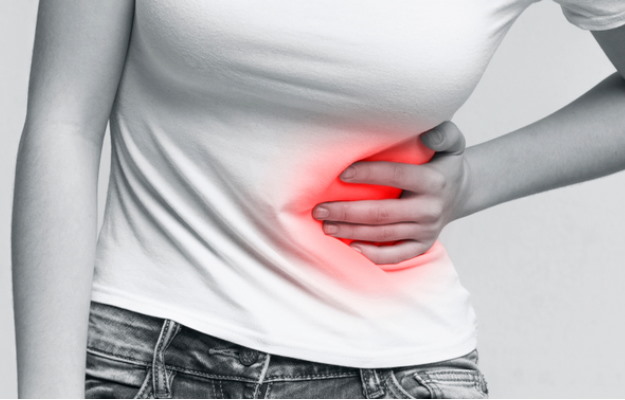What Is Abdominal Pain?
Abdominal pain refers to any discomfort or unpleasant sensation in the stomach or belly area. Almost everyone experiences it at some point.
Most of the time, abdominal pain isn’t serious and can be easily diagnosed and treated by a healthcare provider. However, in some cases, it could signal a more serious health issue that needs immediate attention.
Pain on the Left Side of the Abdomen

The location of your pain can often provide important clues. Pain in the lower left side of the abdomen is commonly caused by diverticulitis, a complication of diverticulosis—a condition where small pouches form in the lining of the colon. When these pouches become inflamed, intense abdominal pain can follow. Irritable bowel syndrome (IBS) can also cause discomfort in this area.
Pain in the upper left abdomen can have several possible causes, including:
- Pancreatitis (inflammation of the pancreas)
- Pancreatic cancer
- Splenomegaly (enlarged spleen)
- Gastritis (inflammation of the stomach lining)
- Stomach ulcers
- Bile reflux
- Stomach cancer
- Kidney stones or kidney infections
Pain in this region can also stem from chest-related conditions such as:
- Heartburn
- Angina (chest pain due to reduced blood flow to the heart)
- Heart attack
- Pericarditis (inflammation of the sac around the heart)
- Pneumonia
- Pleurisy (inflammation of the lung lining)
- Pulmonary embolism (a blood clot in the lungs)
Pain on the Right Side of the Abdomen

Pain in the lower right abdomen is often linked to issues with the appendix, such as appendicitis or, less commonly, appendix cancer.
The upper right side of the abdomen houses major organs like the liver, gallbladder, and right kidney. Pain here could point to more serious conditions, including:
- Hepatitis (alcoholic, viral, toxic, autoimmune, or metabolic)
- Gallstones
- Liver disease or liver cancer
- Gallbladder cancer
- Cholecystitis (inflammation of the gallbladder)
- Kidney stones or kidney infection
- Duodenal ulcers
- Bowel obstruction
When to See a Doctor for Abdominal Pain
If your abdominal pain is intense, persistent, or keeps returning, you should consult a doctor. Call 911 immediately if you’ve recently had an injury to your abdomen or are experiencing chest pain along with abdominal discomfort.
Contact your doctor promptly if you also notice:
- Vomiting that lasts more than 48 hours
- Signs of dehydration (dark urine, dry mouth, little or no urination)
- Difficulty passing stool, especially if vomiting
- Painful or frequent urination
Additionally, seek medical advice if:
- Your abdomen is tender to the touch
- Pain persists for several hours
Some symptoms could indicate a serious internal condition requiring urgent care. Get immediate medical help if you experience abdominal pain along with:
- Vomiting blood
- Bloody or black stool
- Shortness of breath
- Constant vomiting
- Swelling of the abdomen
- Yellowing of the skin (jaundice)
- Unexplained weight loss
- Pregnancy
Knowing when abdominal pain is harmless and when it signals something more serious can make all the difference. Always listen to your body and seek medical care when needed.


















